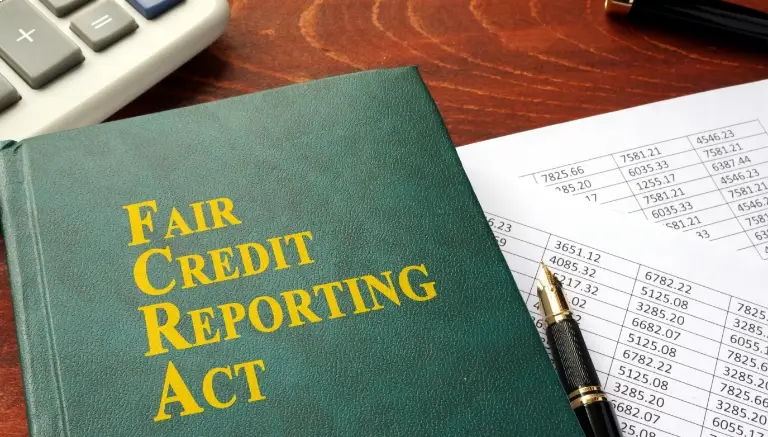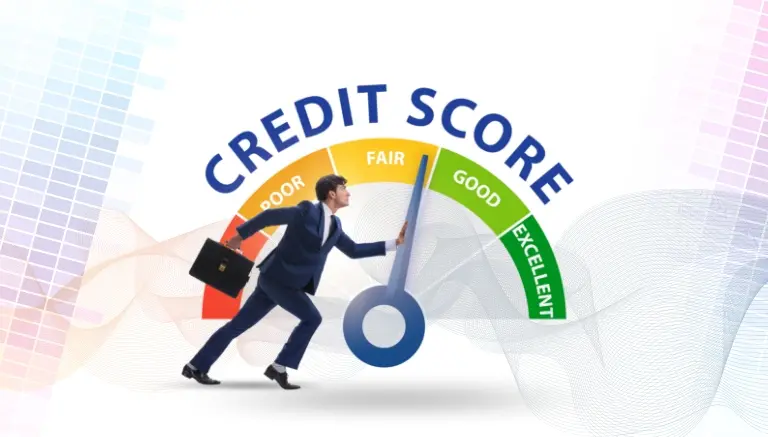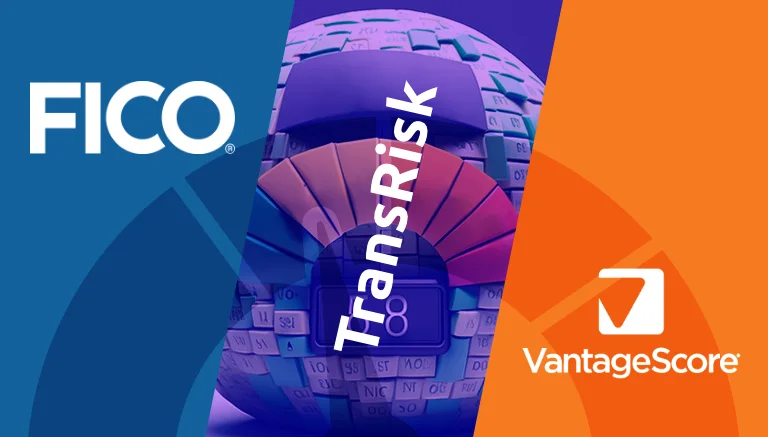
The Fair Credit Reporting Act Overview
I. Introduction:
Brief overview of the Fair Credit Reporting Act (FCRA): The FCRA is a federal law that regulates the collection, use, and dissemination of credit report information. The law was enacted to protect consumers’ privacy rights and to ensure the accuracy and fairness of credit reporting.
Purpose of the FCRA: The primary purpose of the FCRA is to promote fair and accurate credit reporting by credit reporting agencies, creditors, and furnishers of information.
II. Consumer Rights under the FCRA:
Access to free credit reports: Under the FCRA, consumers are entitled to one free credit report from each of the three major credit reporting agencies (Equifax, Experian, and TransUnion) every 12 months. Consumers can request their free reports online, by phone, or by mail.
Right to dispute inaccuracies on credit reports: If a consumer believes that their credit report contains inaccurate or incomplete information, they have the right to dispute the information with the credit reporting agency.
Right to request investigation of disputed information: Once a consumer disputes information on their credit report, the credit reporting agency must investigate the dispute within 30 days and provide the consumer with a written response.
Right to have incorrect information corrected or removed: If the credit reporting agency determines that the disputed information is inaccurate or incomplete, they must correct or remove the information from the consumer’s credit report.
Right to limit access to credit reports: Consumers can limit who has access to their credit report by placing a security freeze on their credit report or by opting out of pre-approved credit offers.
III. Responsibilities of Credit Reporting Agencies under the FCRA:
Accuracy and completeness of credit reports: Credit reporting agencies have a duty to ensure the accuracy and completeness of the information in their credit reports. They must also investigate disputes in a timely manner.
Timely investigation of disputes: Credit reporting agencies must investigate disputes within 30 days of receiving a request from a consumer. They must also provide the consumer with a written response explaining the results of the investigation.
Disclosure of credit report information to consumers: Credit reporting agencies must provide consumers with a copy of their credit report upon request. They must also provide a summary of the consumer’s rights under the FCRA.
Safeguarding of consumer information: Credit reporting agencies must take reasonable measures to safeguard consumer information to prevent unauthorized access or use.
Requirement to provide notice to consumers of adverse actions taken based on credit reports: If a creditor or other entity takes adverse action against a consumer (such as denying credit or increasing interest rates) based on information in their credit report, they must provide the consumer with a notice that includes the name and contact information of the credit reporting agency that provided the information.
IV. Responsibilities of Creditors and Furnishers under the FCRA:
Accuracy and completeness of information provided to credit reporting agencies: Creditors and furnishers of information have a duty to ensure that the information they provide to credit reporting agencies is accurate and complete.
Duty to investigate disputes: If a consumer disputes information with a creditor or furnisher of information, they must investigate the dispute and report the results to the credit reporting agency.
Requirement to report corrections or updates to credit reporting agencies: If a creditor or furnisher of information discovers that information they previously reported to a credit reporting agency is inaccurate, they must correct or update the information.
Obligation to provide notice to consumers of negative information reported to credit reporting agencies: If a creditor or furnisher of information reports negative information to a credit reporting agency (such as late payments or collections), they must provide the consumer with a notice that includes the name and contact information of the credit reporting agency that received the information.
V. Enforcement of the FCRA:
Government enforcement: The Federal Trade Commission (FTC) and the Consumer Financial Protection Bureau (CFPB) are responsible for enforcing the FCRA. They can take legal action against credit reporting agencies, creditors, and furnishers of information that violate the law.
Private right of action: Consumers can also file a lawsuit against credit reporting agencies, creditors, or furnishers of information for violations of the FCRA. If successful, they may be able to recover damages, attorney’s fees, and other costs.
VI. Recap
Recap of key points:
The Fair Credit Reporting Act is a federal law that regulates the collection, use, and dissemination of credit report information. It provides consumers with important rights, such as the right to access free credit reports and the right to dispute inaccuracies on their credit reports. It also imposes important responsibilities on credit reporting agencies, creditors, and furnishers of information to ensure the accuracy and fairness of credit reporting.
The importance of understanding the FCRA:
Understanding your rights and the responsibilities of credit reporting agencies, creditors, and furnishers of information under the FCRA is important for maintaining a good credit score and protecting your privacy. By knowing your rights and taking action when necessary, you can ensure that your credit report is accurate and that you are being treated fairly by creditors and other entities that use your credit report.
VII. Tips for protecting your rights under the FCRA:
Check your credit report regularly,Monitoring your credit report regularly can help you detect inaccuracies or fraudulent activity. You are entitled to a free credit report from each of the three major credit reporting agencies every 12 months. You can access your reports at annualcreditreport.com.
Dispute inaccuracies promptly:
If you find inaccuracies on your credit report, you should dispute them promptly. You can do this by contacting the credit reporting agency in writing, explaining the error, and providing any supporting documentation. The credit reporting agency must investigate your dispute and respond within 30 days.
Know your rights when applying for credit: Under the FCRA, you have the right to know the reasons why you were denied credit, and to obtain a free credit report if your application was denied based on information in your credit report. You also have the right to dispute any inaccuracies in your credit report that may have contributed to the denial of credit.
Be aware of identity theft:
Identity theft is a growing problem and can result in fraudulent activity on your credit report. You can protect yourself by monitoring your credit report regularly, using strong passwords and security measures for online accounts, and being cautious with your personal information.
Get professional help if needed:
If you are having trouble disputing inaccuracies on your credit report, or if you suspect that your rights under the FCRA have been violated, you may want to consult with a consumer protection attorney or credit repair specialist for assistance.
VIII. Conclusion:
The Fair Credit Reporting Act is an important federal law that regulates the collection, use, and dissemination of credit report information. It provides consumers with important rights, such as the right to access free credit reports and the right to dispute inaccuracies on their credit reports. It also imposes important responsibilities on credit reporting agencies, creditors, and furnishers of information to ensure the accuracy and fairness of credit reporting.
By understanding your rights under the FCRA and taking steps to protect them, you can maintain a good credit score and protect your privacy. Checking your credit report regularly, disputing inaccuracies promptly, and being aware of identity theft are all important steps you can take to protect your credit report. And if you need help, there are resources available to assist you in exercising your rights under the FCRA.



